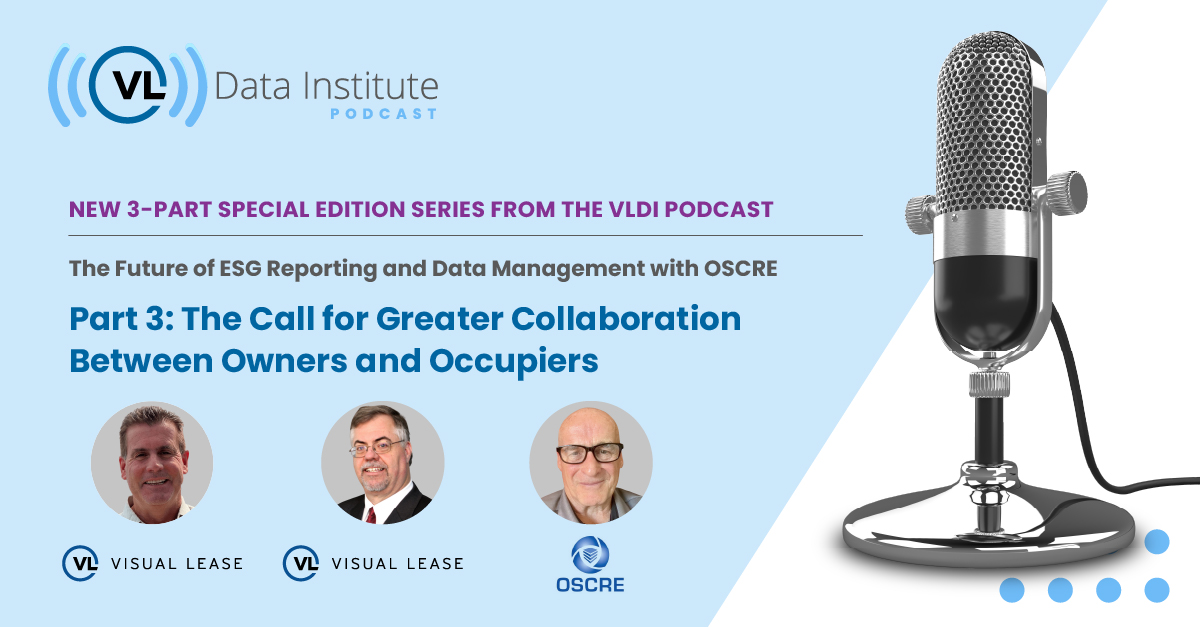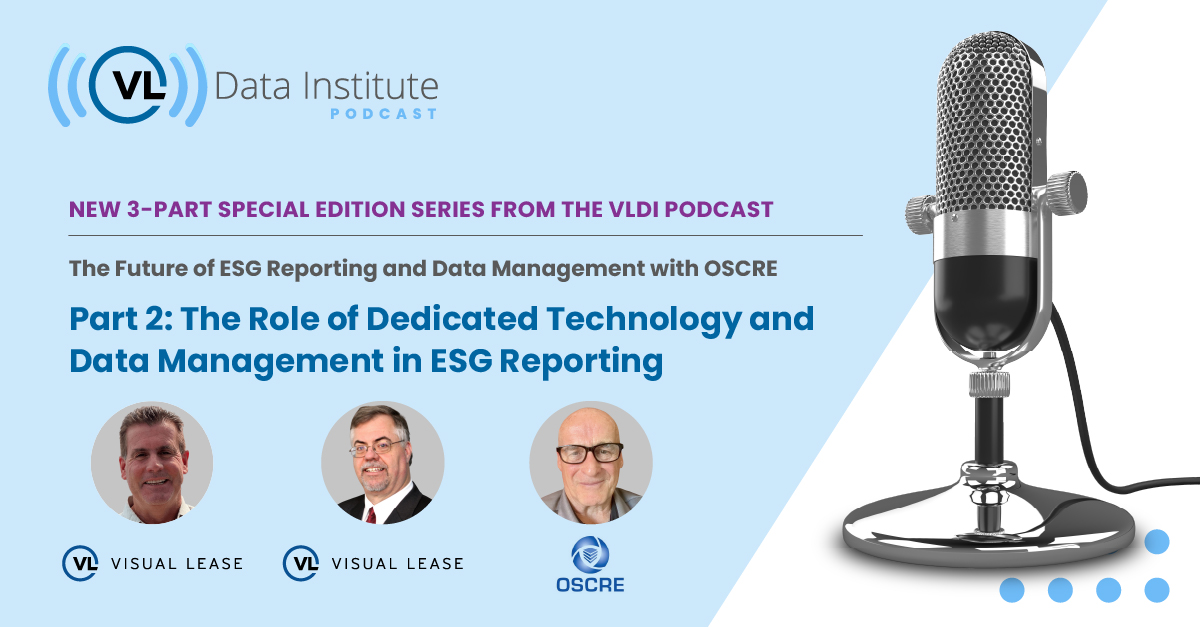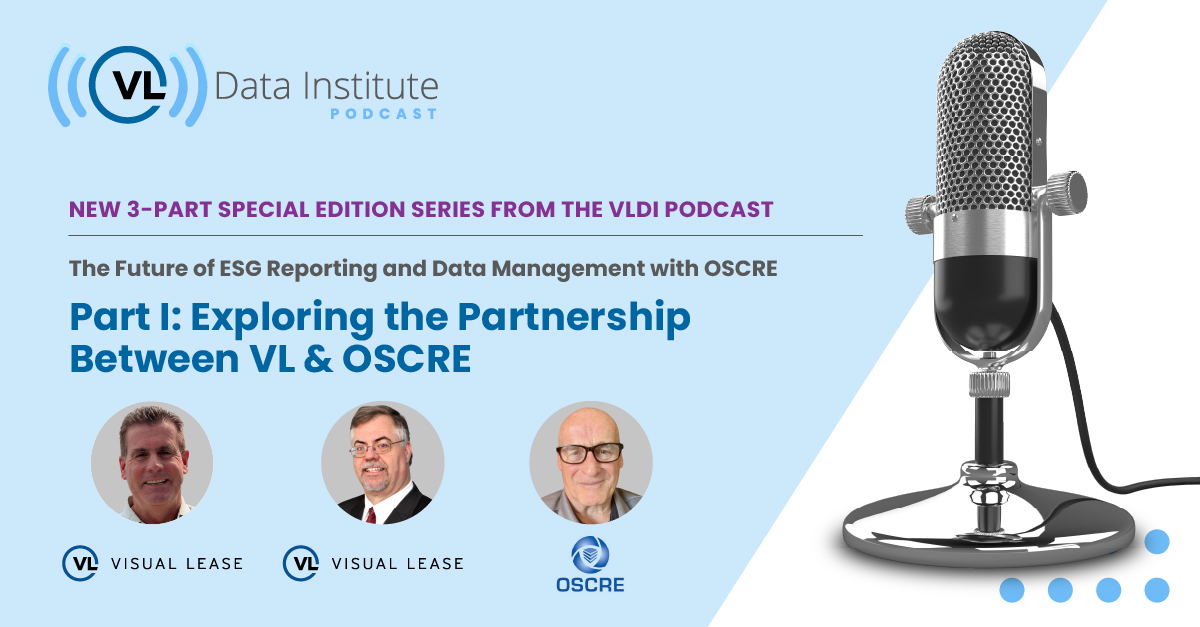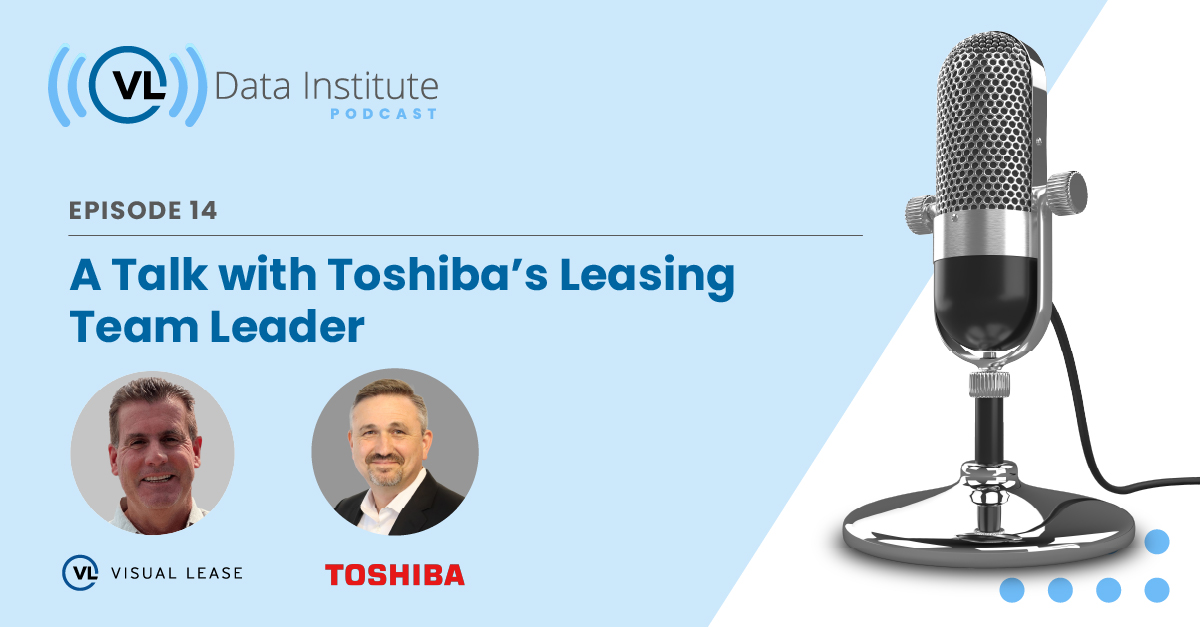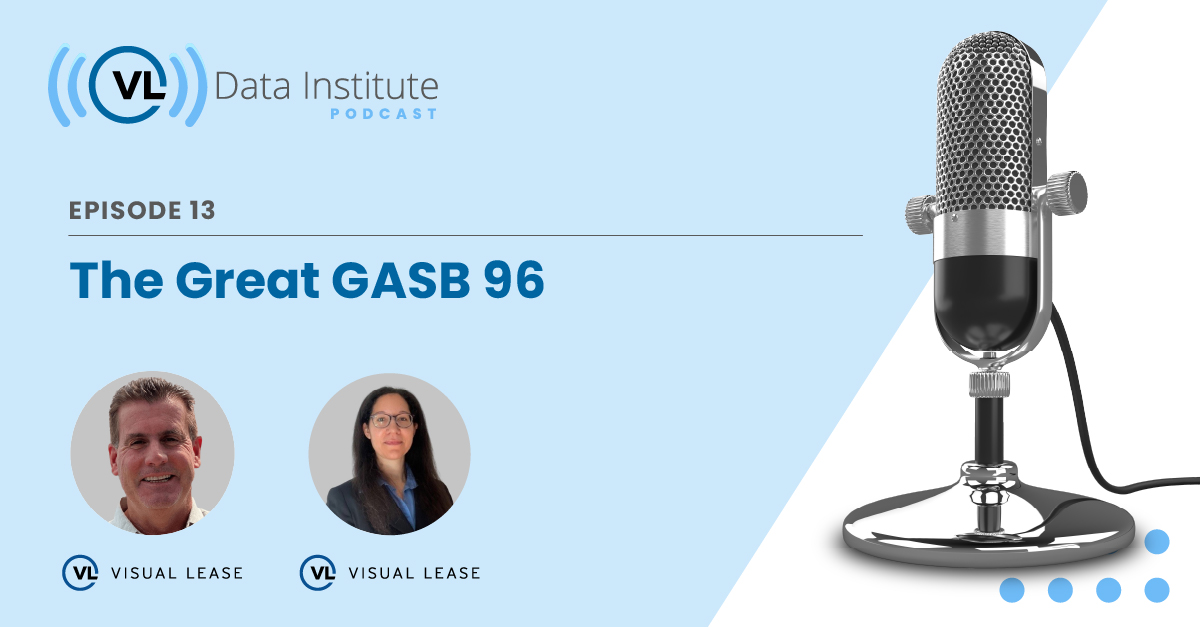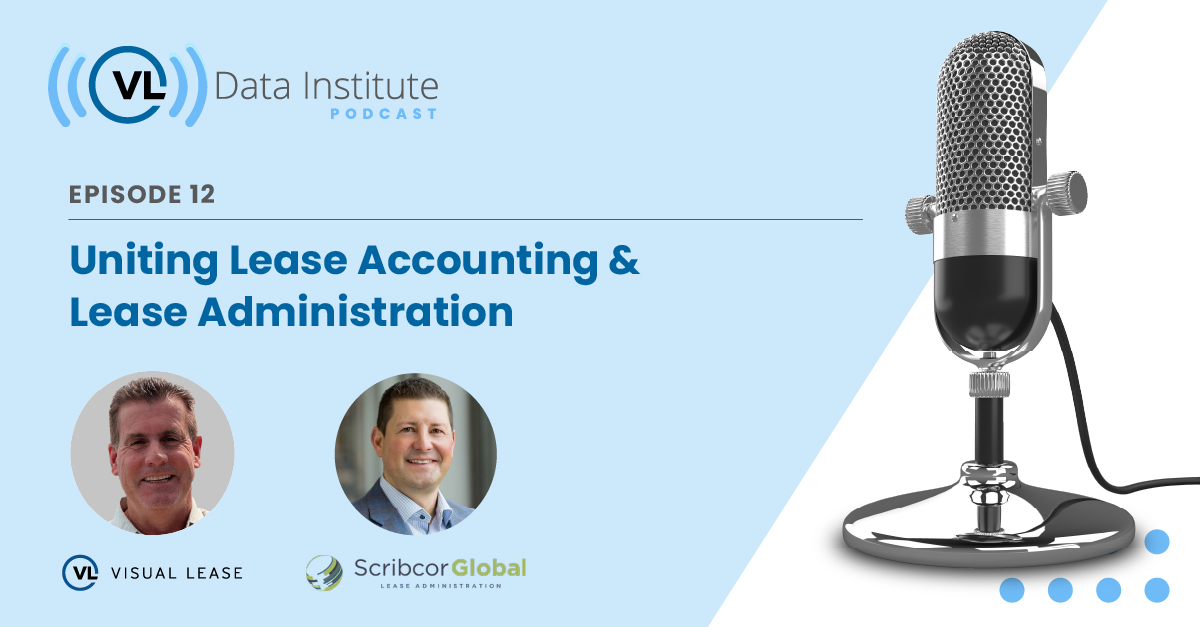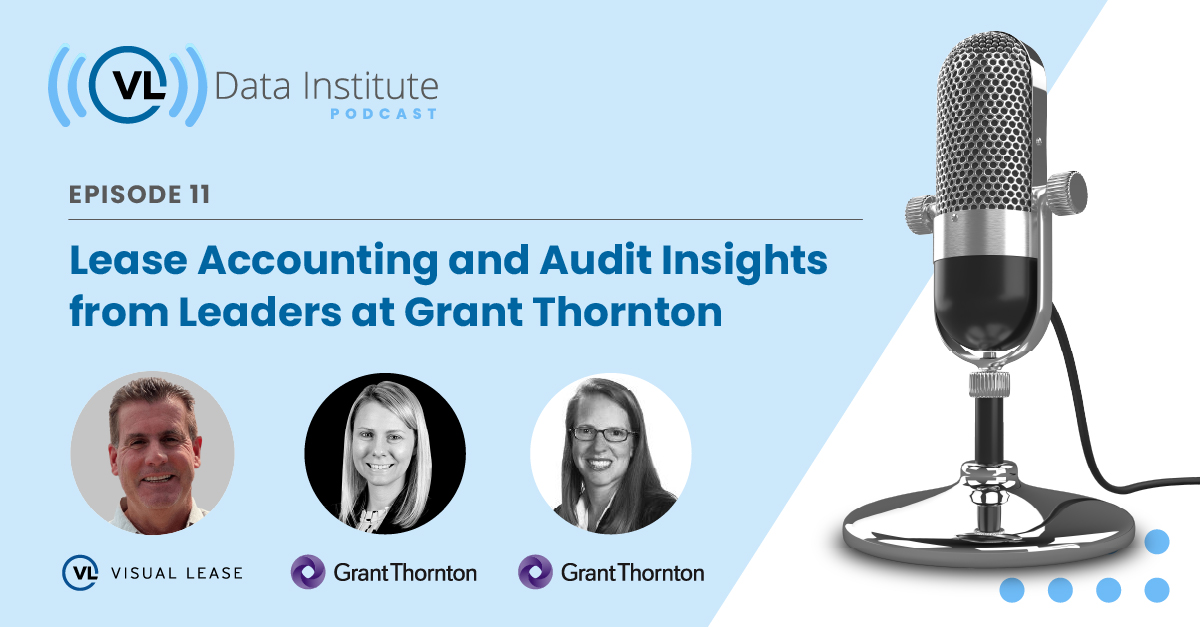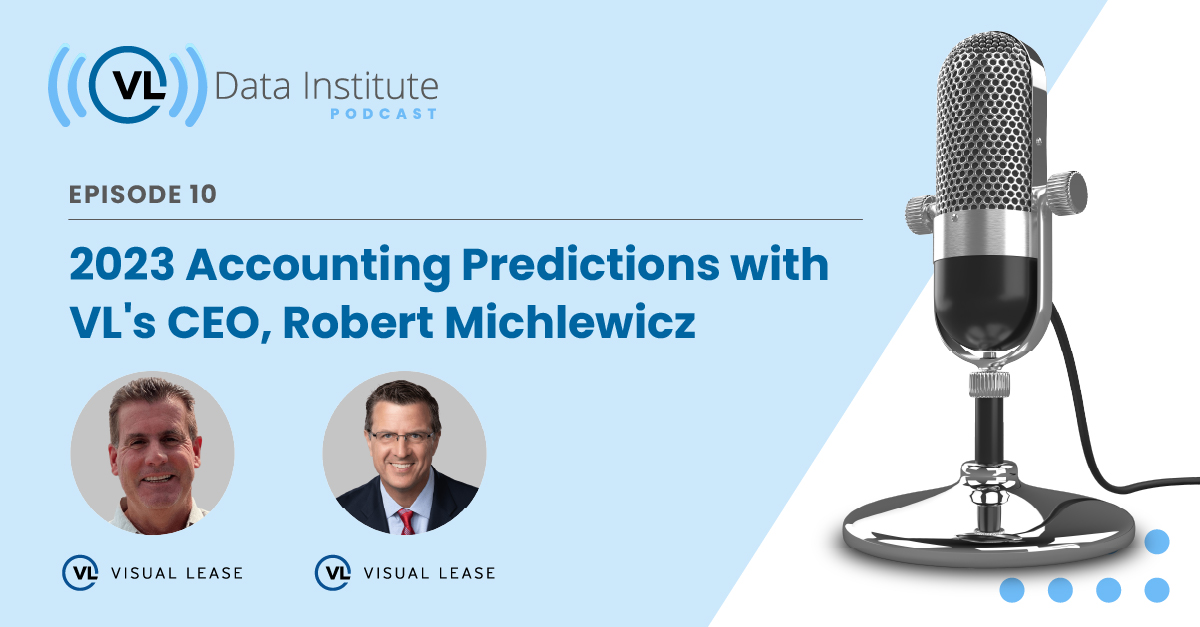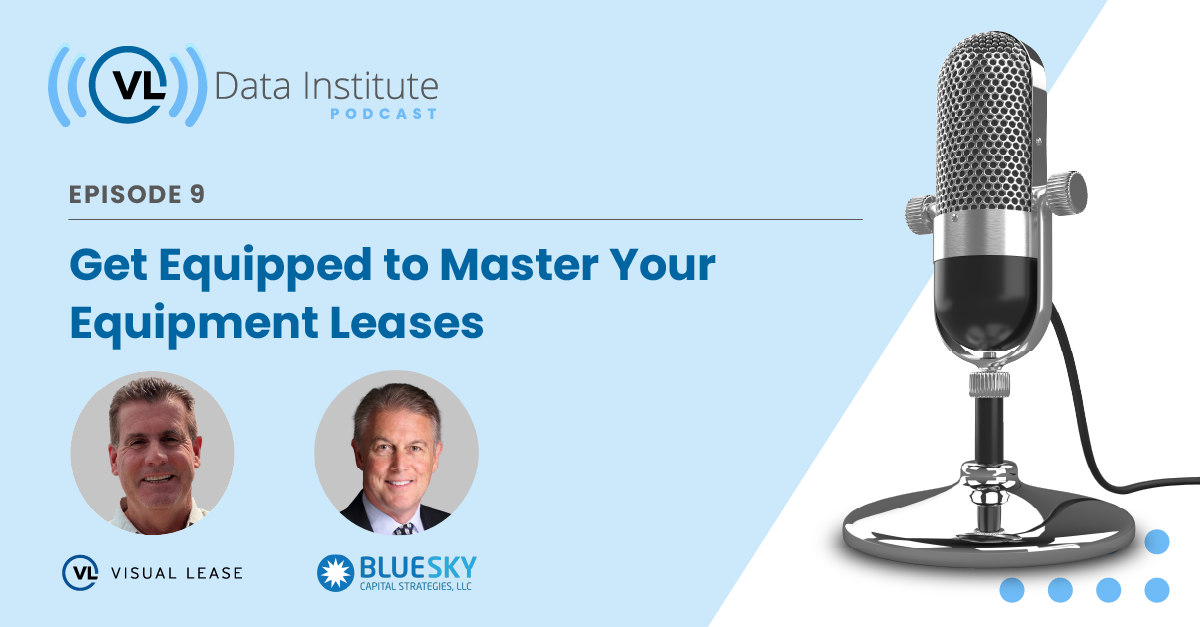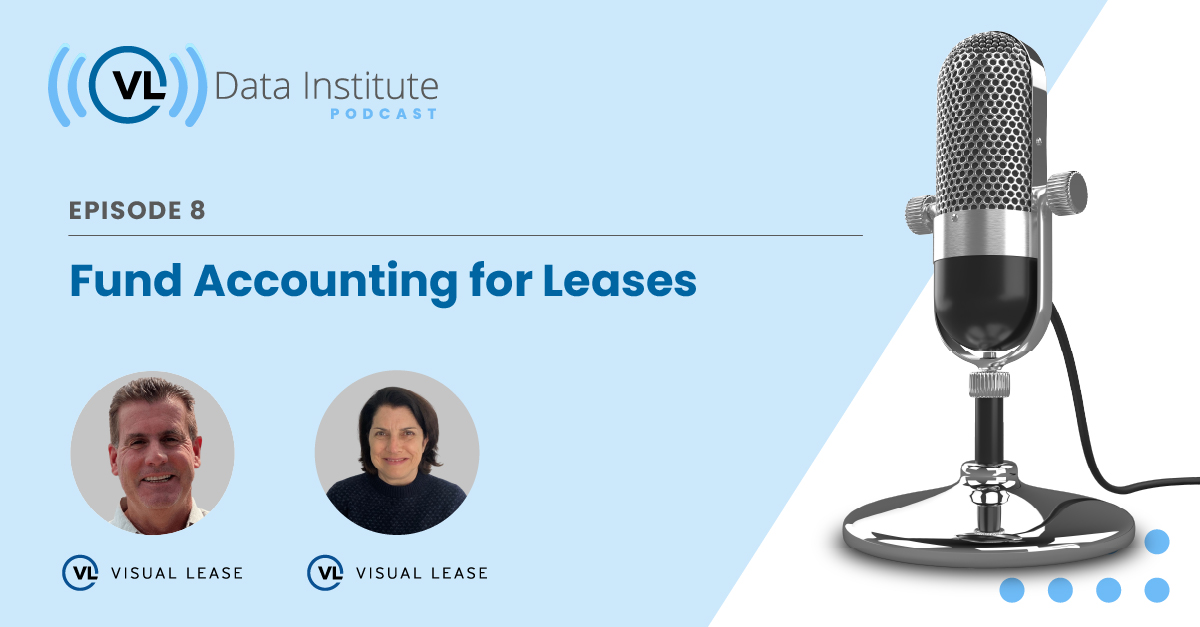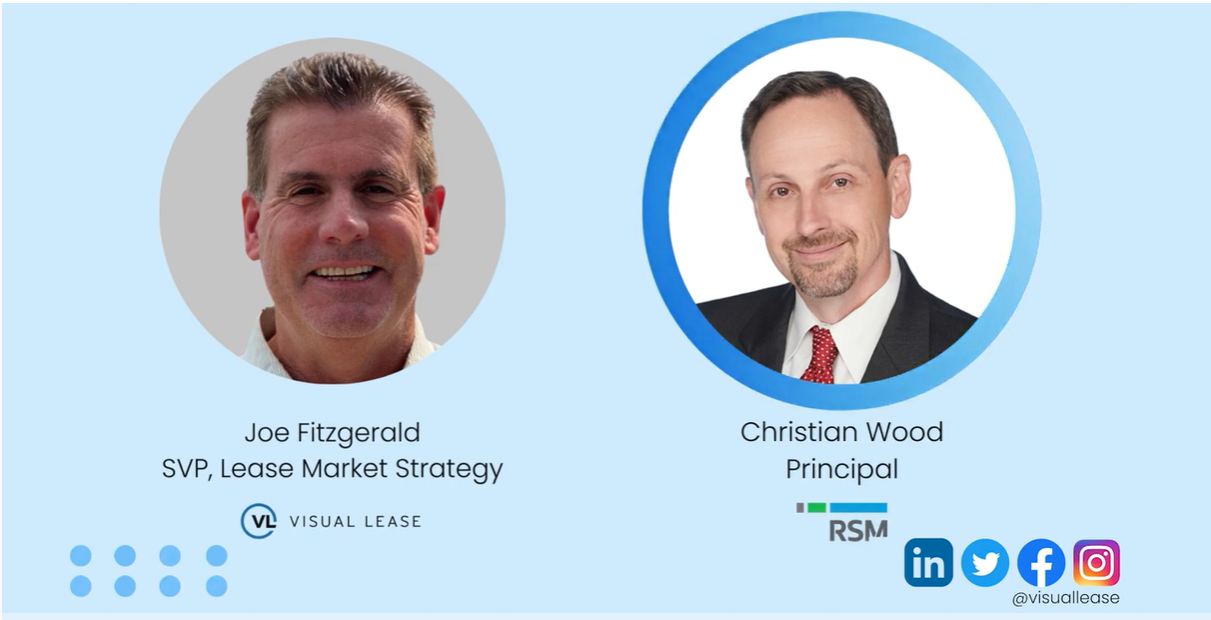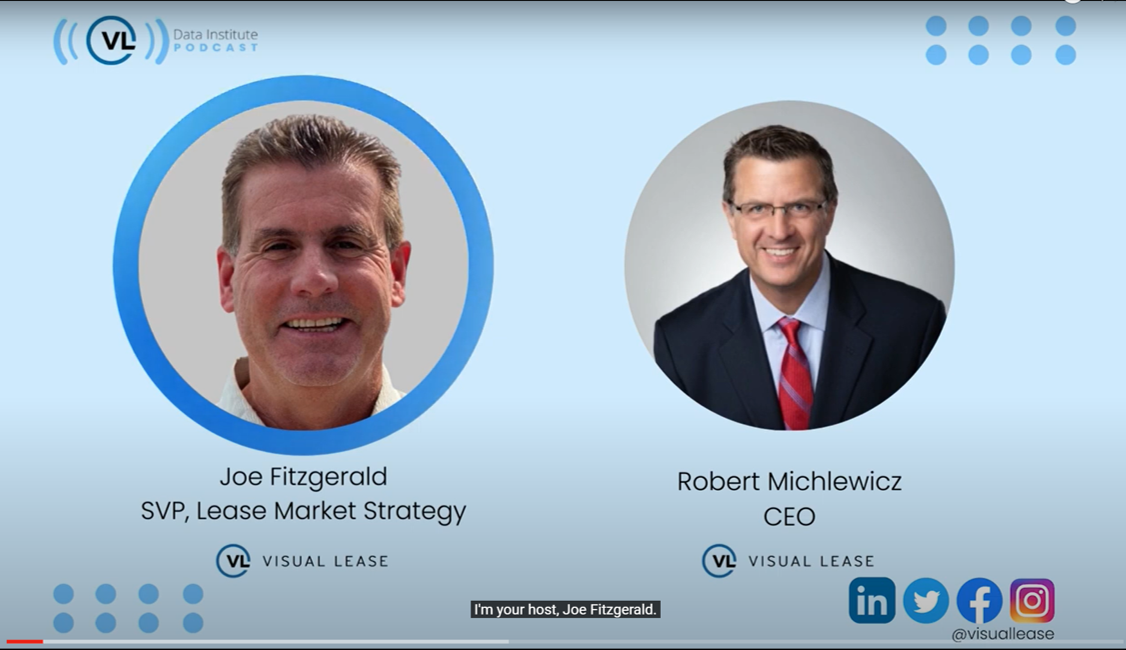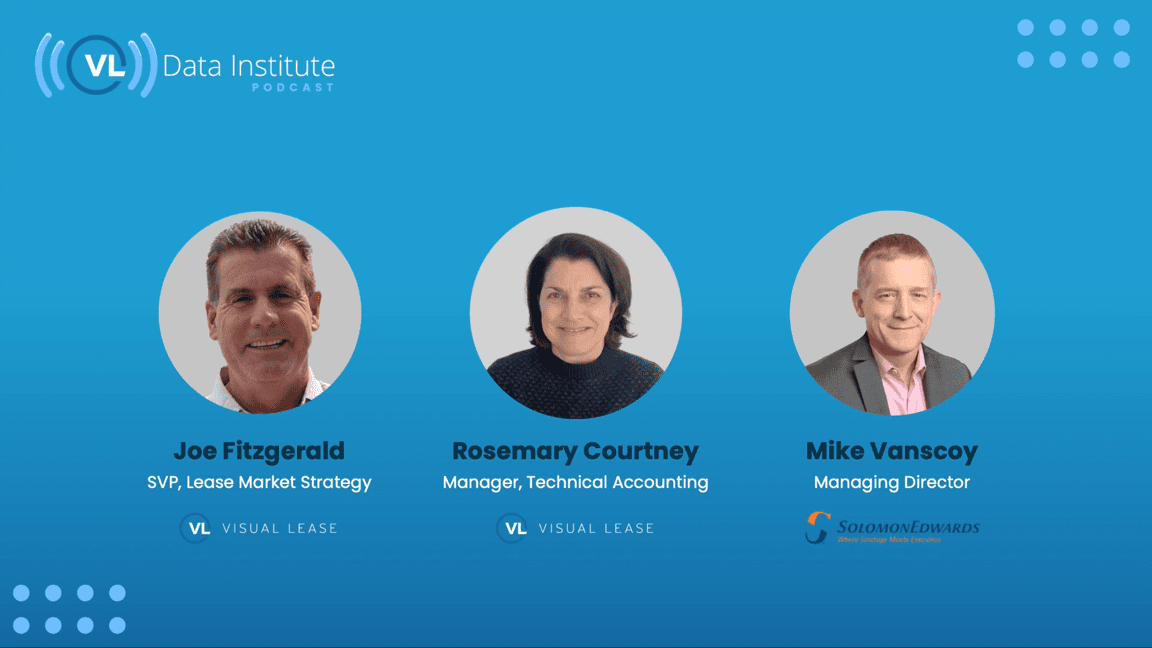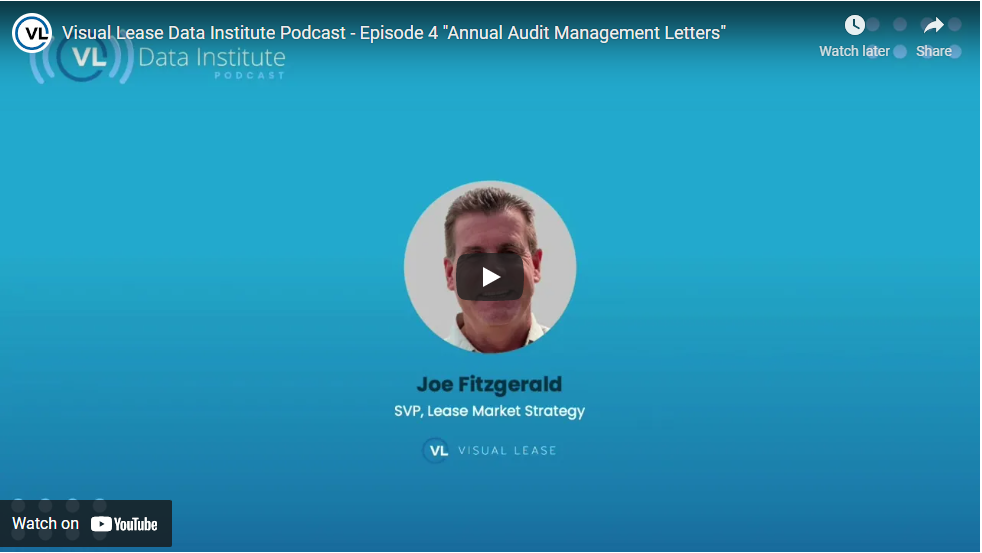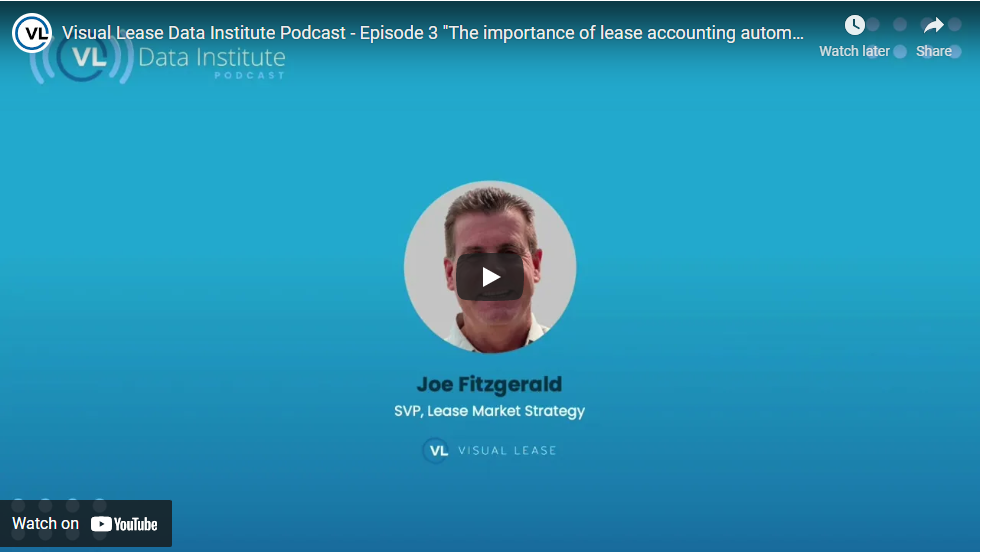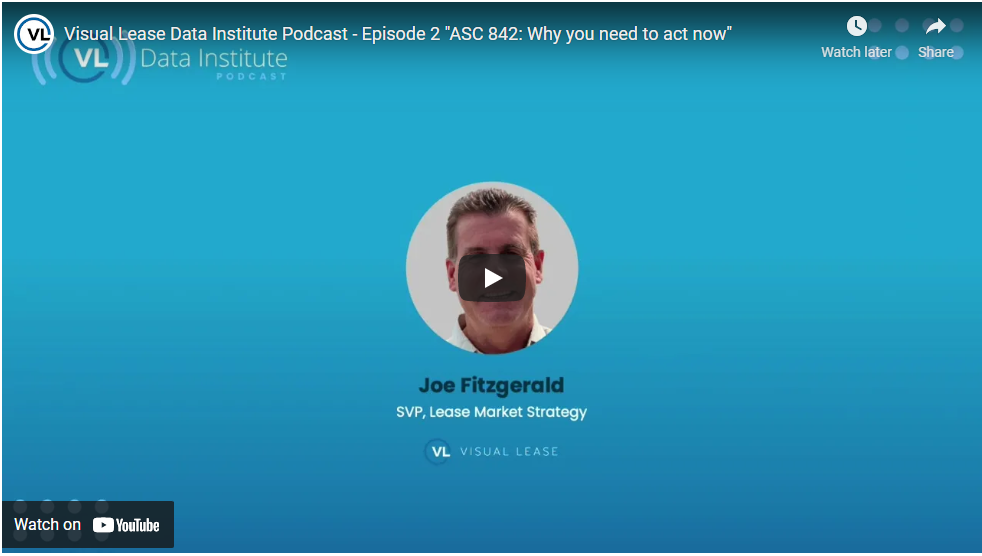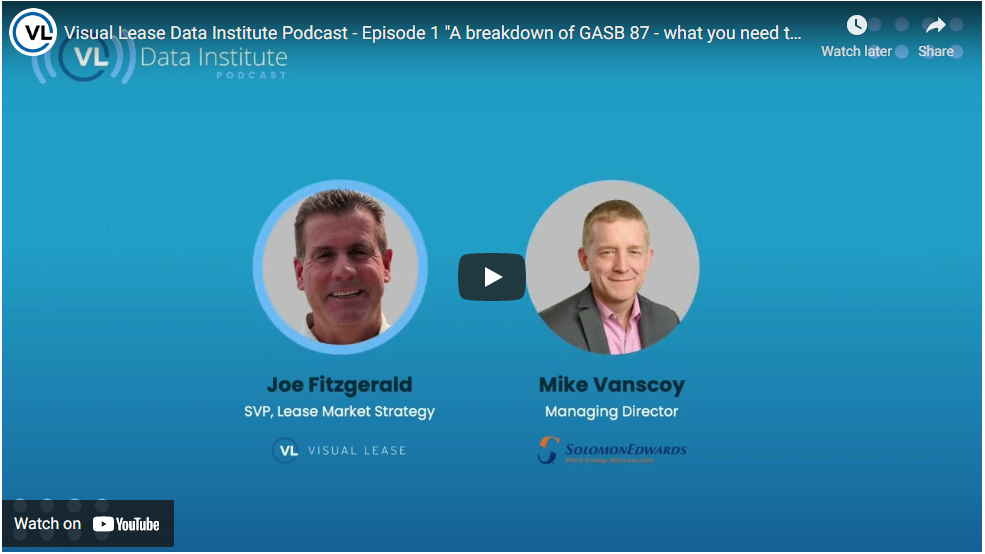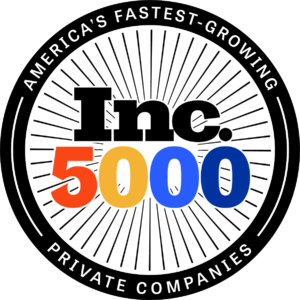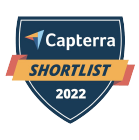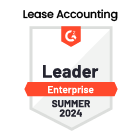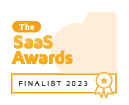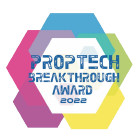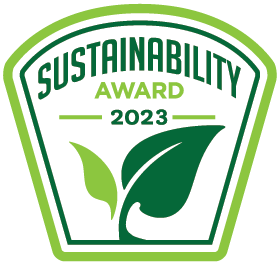Without visibility into their performance history, how can companies successfully determine reporting benchmarks and accomplish their sustainability goals? In our special 3-part series from The VLDI Podcast, experts from VL and OSCRE break down why data management is critical to the environmental reporting process.
Read Transcript
VLDI Podcast Episode 15 Transcript
Joe:
Hi, I’m your host, Joe Fitzgerald. Welcome back to the Visual Lease Data Institute Podcast. Here at VL, we provide proven SaaS solutions that empower organizations to leverage their leased portfolio for strategic, financial and operational outcomes. Our solutions enable clients to achieve a clear understanding of their lease records, including associated obligations, risks and responsibilities to address their ever-changing needs.
With VL, organizations have the ability they need to mitigate risk, optimize value and minimize cost. This episode is part one of a special three-part series of the VLDI Podcast. Joining me for this special series is Ian Cameron, Chief Innovation Officer at OSCRE, a Real Estate Data Industry Data Standards Organization, alongside Bill Harter, Principal Solutions Advisor at VL. OSCRE International is a nonprofit corporate member organization focused on the development and implementation of real estate data standards that form the foundation of a powerful strategy for digital transformation.
Ian is one of the founders of OSCRE. As the Chief Innovation Officer, Ian drives OSCRE standards, development, pipeline and training in how to implement OSCRE standards at global corporations and investment organizations, their service providers and software firms. Bill has been with VL for over six years and represents VL on OSCRE’s data standards committee, delivering insights and facilitating conversation around the current hot topic of ESG.
With that, let’s dive in. So Ian, I know we opened up with a brief introduction for you and OSCRE, but it would be great for our listeners if you could provide a deeper dive into your organization and more specifically, what OSCRE is doing related to ESG.
Ian:
Thank you very much, Joe, and it’s a pleasure to be here. OSCRE has been around for about 20 years at this point, and we’ve hit an amazing stride, in part because the technology has evolved. The understanding of data strategy and data management needs has become much more broadly endorsed and accommodated. Whether you’re a major corporation or investment firm, all these companies from a real estate standpoint, are figuring out how to manage this complex sourcing and aggregating and using and reporting of data.
OSCRE’s primary product is referred to as the OSCRE Industry Data Model which covers a variety of functions, including leasing, space management and currently we’re very focused, as you mentioned, Joe, on environmental data management. I’ll mention a couple of these cases on that in a moment. To develop these standards, we collaborate with industry leaders like Visual Lease, and we’re very happy that both Bill and Joe up in joining us in some of the workshops for that.
But that’s how these standards come about. They start with the main stakeholders on a topic, and that’s exactly what’s happening around an energy data standard we’re working on right now. The kinds of organizations participating in that are typical of those that participate in developing the OSCRE data model to begin with. The other thing that we’re doing is we’re very conscious that there are skills missing and the high demand, low supply of some of the skills around data management and real estate.
One of the reasons we’re providing the education is to help folks who are coming in from other industries understand our industry, understand the data challenges, understand the data strategies and data modeling, for example. So we’re very motivated to continue to help educate and train people about this whole standards discussion and also to improve their ability to implement standards as part of their whole approach to data internally.
But ultimately, what we need to do is to present standards in a way that are implementable. So, while we have a large, diverse and broad industry data model, it’s structured around a set of use cases. And for example, a use case might be sending lease data. And that’s something I know that Joe and Bill, is near to your heart. exchanging lease information, especially when you have one application that might need information from another on behalf of a client.
So, we’ve developed a data standard, the schema associated with that, and we’ve also seen some organizations picking up OSCRE and embedding them in OSCRE based APIs. And the reason I’m mentioning that is this is not just about getting the data right, the right data model, but also being able to handle data integration. And that also comes to the scope of what Visual Lease is able to do.
We’re thrilled, first of all, that you’re participating with us in that Energy Standards Data project, and it means a lot for us to be able to get your perspective, especially focusing on lease implications when it comes to ESG and vice versa. So that’s fairly common for us to seek, which is we want to get your perspective. We need to build that into the way that standards are developed.
We also want to understand your perspective on how to actually implement them. And integration is a key piece of that.
Joe:
No question Ian, OSCRE has a very comprehensive mission, and you referenced a couple of things that I want to turn to Bill and say Bill, I know you represent VL on OSCRE’s Data Standards Committee. Can you tell us how this has been going and how it may be influencing some of what VL is doing related to its newest product offering, VL ESG Steward?
Bill:
Sure, Joe. First off, let me just say it’s been great working with Ian and the rest of the OSCRE crew. It’s great to collaborate with them because to me, the important thing is we’re not just leveraging the work that OSCRE has been doing on ESG and, you know, energy management. But OSCRE’s been at this data management data standardization game for many years, and so they bring a lot of knowledge and wisdom to the table, definitely more inputs from a broad range of people as well as people with a great history and experience at developing these standards, is going to help us lead to a better product.
I appreciate that OSCRE has a broad range of representatives who have very different perspectives. We have owners, we have occupiers, service providers, investors and others, all with varied needs. And these needs are informing us on how all of these various different parties are using the ESG data. This is not just the ESG specific data, but also, we’re looking at the non ESG data that these users need.
They have to provide intensity metrics for reporting purposes, and they also need to see how the ESG information fits in with their other tracking metrics so that they can perform the proper analytics that they need in order to manage their portfolios. And that’s very helpful to us in building out the tool. We’re viewing this, obviously as more than just a mere compliance exercise.
The real goal of ESG is to provide companies with actionable intelligence that they can utilize to enhance their operations and have less of an impact on our planet. This is also allowing us to get out in front of other associated issues. You know, right now, energy and greenhouse gas emissions are getting all the publicity everyone’s talking about that the new ISSB standards are dealing with specifically with these climate issues in the first year.
But we know that there are other e-components that are coming behind it: water, waste management, biodiversity issues, as well as the S and G pillars of ESG. Talking with this larger group is going to allow us to get out in front of these further developments as they are established and become part of the reporting requirements.
Joe:
That will conclude part one of our special series from the VLDI Podcast with Ian Cameron, Chief Innovation Officer from OSCRE, a Real Estate Data Industry Data Standards organization alongside Bill Harter, Principal Solutions Advisor at VL. Stay tuned for Part II, available on our website and social media platforms @visuallease on August 23rd.











